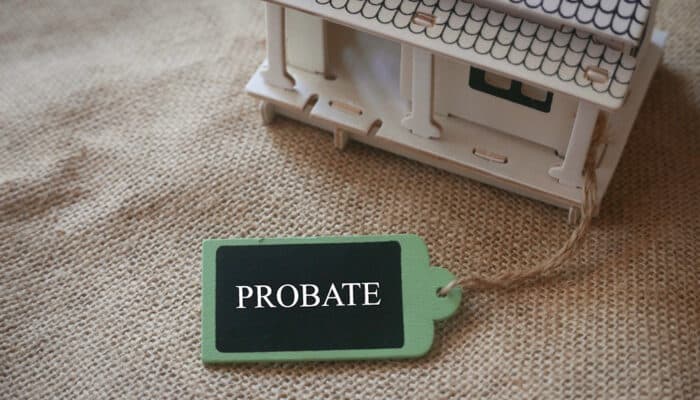As our lives become increasingly digital, addressing your digital assets in your Florida estate plan is more crucial than ever. Digital assets can hold significant sentimental, practical, or monetary value, and proper planning ensures they are preserved and managed according to your wishes.
What Are Digital Assets?
Digital assets include any intangible items or information stored electronically on devices or online platforms. Examples include:
- Personal Accounts: Email accounts, social media profiles (Facebook, Instagram), and cloud storage (Dropbox).
- Financial Accounts: Online banking, PayPal, cryptocurrency wallets, and trading accounts.
- Content: Digital libraries, photos, music, videos, and eBooks.
- Memberships and Subscriptions: Rewards programs, frequent flyer miles, and online streaming services.
- Web Presence: Domain names, blogs, and websites.
Why Include Digital Assets in Your Estate Plan?
Failing to plan for digital assets can cause complications for your loved ones. Without proper access or authority, your Personal Representative/Executor or beneficiaries may face obstacles such as:
- Inability to retrieve sentimental items like photos or videos.
- Difficulty closing or managing accounts.
- Missed opportunities to recover financial assets or rewards.
How to Include Digital Assets in Your Estate Plan
- Take Inventory: Create a list of all your digital assets, including account names, passwords, and access details.
- Use a Digital Asset Trust: Securely store sensitive information, such as login credentials and security questions, in a Digital Asset Trust or similar document.
- Authorize Access: Name a trusted person to access and manage your digital assets in case of death or incapacity. Include this authority in your Last Will or designate it using specific legal provisions, such as Florida’s Fiduciary Access to Digital Assets Act.
- Address Distribution: Specify how digital assets with transferable value—like cryptocurrency, online funds, and reward points—should be distributed.
- Understand Ownership Limits: Note that some accounts, like email and subscription services, are non-transferable and governed by service provider policies.
What Happens Without a Plan?
If you die without addressing digital assets in your estate plan:
- Your Personal Representative/Executor may struggle to locate and access them.
- Sentimental items or financial assets could be lost.
- Unmanaged accounts could expose your estate to security risks.
Why Florida Residents Should Take Action
Florida law allows you to authorize access to digital assets through your Last Will or other estate planning documents. Taking proactive steps now ensures a smooth transition for your loved ones and secures your digital legacy.
By incorporating digital assets into your estate plan, you provide clarity, ease the burden on your loved ones, and ensure your digital presence is handled in accordance with your wishes. Consider consulting with a Florida estate planning attorney to address this modern and essential aspect of your estate.
The foregoing is a brief and very general overview of the topic and the need for specific and experienced legal and tax advice is emphasized.
If you have any additional questions regarding the foregoing or have any legal issue or concern, please contact the law firm of CASERTA & SPIRITI in Miami Lakes, Florida.





